While it is common for Kodagu youth to join the Armed Forces and dedicate their lives for their Nation, ready to make the supreme sacrifice, there are some sons of the soil who have earned name and fame through their service in the Survey Department. One such hero is Kalyatanda B. Appachu, son of late Kalyatanda A. Belliappa. Born on 24.6.1935 in Virajpet town, Kodagu District — when it was a ‘C’ State — Appachu retired as Superintending Surveyor, Survey of India, after a long, challenging and fruitful innings.
In this interview to Star of Mysore, he shares his experiences in the Indo-China border at a time when India had to face Chinese aggression and lose many precious lives due to the wrong policies of our then leaders. Excerpts.
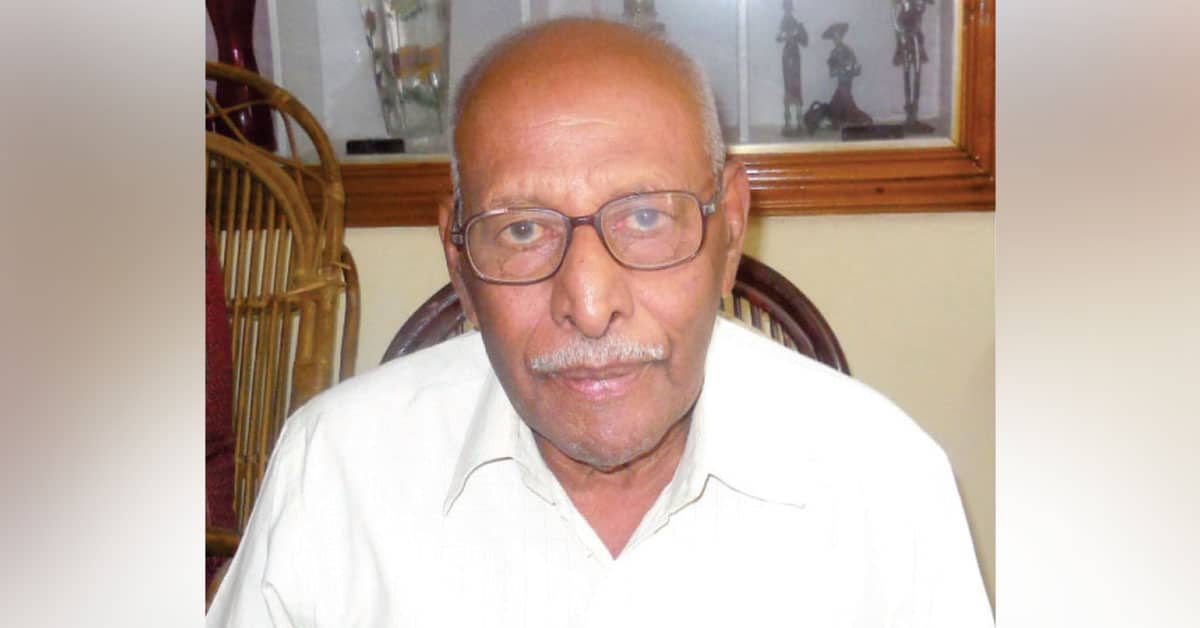
K.B. Appachu
SOM: Did you face a situation when you had to stay hungry but still work?
Appachu: At NEFA, there was heavy snowfall and the weather was bad, cloudy and raining. As such there was no airdrop of rations for 2-3 months. For survival, I had to approach CRPF and Army units and borrow food. Meanwhile there was Chinese aggression from Longju side. Immediately we started retreating and reached our base camp at Daporijo after 16 days of marching. At night, we used to hear gunshots and early in the morning, the moment we could see footpaths, we used to start marching. Once at Daporijo, people had gathered from all the other outposts for evacuation by air-lifting. The same night, there was a wireless message that Chinese troops will be surrounding Daporijo any moment. All the ladies, children of officials started crying. The Kalinga Dakota aircraft meant for Survey of India personnel landed at Daporijo. Officers approached me and requested me to evacuate ladies, children and aged persons in the sortie meant for us. On seeing their plight, I obliged.
Later I got a message from our headquarters asking me to immediately destroy all the survey records etc. including cash and prevent Chinese from laying their hands on them. I had Rs. 40,000 cash in my trunk and I did not want to burn it. I went inside my tent, packed the bundle of notes in a leather bag, and wrapped it in a blanket and put it in my haversack. With my parent’s photo and a few glucose packets, I started off marching towards Jorhat, which took 10 days.
There was nothing to eat. On the way there were a number of burnt down Tusker unit camps. (Tusker units are deployed to make roads in hilly areas). We searched and could get tinned fruit or potatoes. During night I used to have the money bag as my pillow. If anyone had a clue that I was carrying so much money, they would have murdered me for it. The last two days I went to villages and begged for food. Immediately after reaching the base camp at Jorhat, I handed over the Rs. 40,000 to my superior officer (Col. S.R. Kishore). I am proud of this act.
SOM: What actually triggered Chinese aggression?
Appachu: We had started off our technical work. From tribals and local officials we came to know that India under the Prime Ministership of Jawaharlal Nehru and V.K. Krishna Menon as Defence Minister (with the ill advice of Mallik) had opened a number of outposts along the McMahon Line in 1961, keeping some soldiers in each outpost. This irritated the Chinese their soldiers simply walked inside our area with Tibetans as guides since they knew the route to NEFA. In the encounter most of the Tibetans died. Gelansiniyak, where I used to camp, was the place the Chinese camped too. And wherever I had chiselled ‘SURVEY OF INDIA’ on the bark of trees, they wrote something in Chinese language. I feel that it was a wrong decision on the part of Jawaharlal Nehru and we lost many soldiers.
One more incident worth mentioning is that seven of us went to a mountain top north of Taksing in Namkachu Valley. It took us two days to reach the top. I set up my theodolite instrument and started observing the Chinese area and I could find a little bit of smoke and could see Chinese soldiers moving around. I showed it to my men and I made them stand in a line and shouted “Bolo Bharat Mathaaki Jai” and run down the mountain. By evening we reached an outpost and narrated the incident to our Government officials. In turn, they flashed the message to New Delhi and at 8 pm news, we heard that ‘Chinese Soldiers were sighted in Namkachu Valley’. I worked for about 8 months in Subansiri Frontier Division successfully. Later on for all the sincere and hardwork, I was awarded a Commendation Certificate by the Governor of Assam.
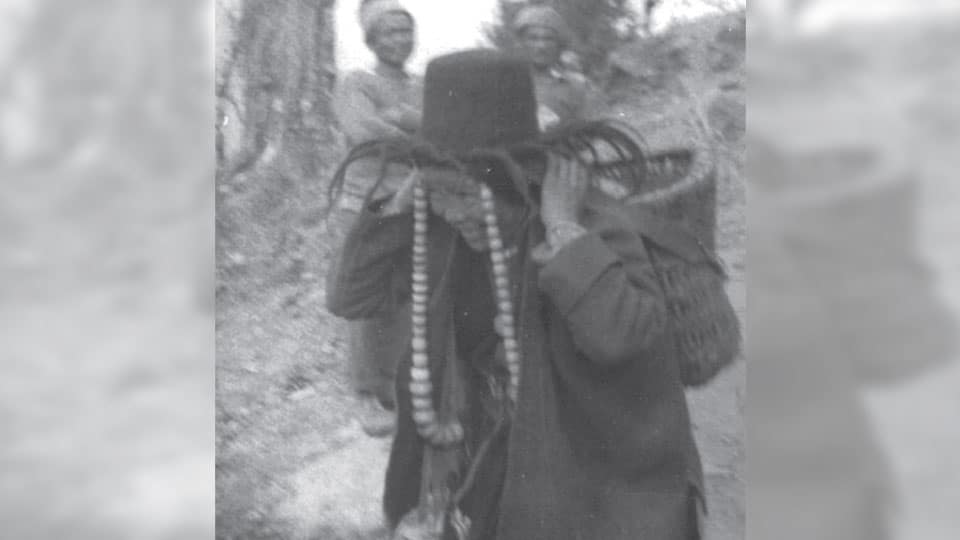
A tribal woman from the hill station at NEFA.
SOM: What other incidents come to your mind at NEFA?
Appachu: A lot of virgin area near the McMahon Line was unexplored. As such, it was planned to carry out exploratory survey to the north of Anini outpost. Seven technical hands were selected and our officer in-charge Major L.P. Sharma was our team leader. We reached Jorhat and were waiting for the airlift and at that point, Major L.P. Sharma received a message that he was promoted and had to join duty immediately.
He left and Capt. Prithviraj was made the team leader. We collected our squad, ration, etc., and after seven days of marching, we established our base camp at Bruni. We were preparing to start exploratory survey and Capt. Prithviraj received a message saying that he was promoted as a Major and he was asked to report immediately in Shillong. He left and I became the team leader.
I wanted to establish a survey station at an altitude of about16,000 feet. With the help of aerial photographs, I studied the area and with my team scaled the mountains. In some places we used rope climbing also and by evening we reached a small lake and we camped there itself. My Arctic tent was set on a flat boulder. The entire area was full of boulders. The next day 3-4 men and I went to the peak to set our signal (pole and cross) and instrument. It started snowing heavily. So we left the instrument on top and came down to the camp. At night after dinner, I went inside the sleeping bag and porters were sitting by the side of fire. We heard a gunshot and a loud cry of a porter (Angphuri Sherpa). My cook and escort were cleaning the rifle and by mistake one of them pressed the trigger and the bullet pierced through the porter’s stomach and the bullet went out from back. He was shouting and crying due to pain. I tried to console him by saying that he would be airlifted the next day. But at night his brother gave him some water and he died.
Next morning on the other side of the lake, we removed a few small boulders and buried him by covering the body with small boulders and performed the last rites. The snowfall continued. I pursued 2-3 best porters to climb up to bring the instrument back from the top. I was reading the abridged Bhagavad Gita for their safe return. They returned safe but snowfall continued and the entire area was covered with snow. There was no ration even as the ration squad could not reach us.
We made a bed by spreading small stones and pebbles and spread grass on top of them and spread the blanket for all of us to sleep. I was putting my hand into a small hot spring throughout the night. We had nothing to eat but took one or two pieces of Muskdeer fried meat and two tea-spoons of glucose each. The next day our Nepali porters with their ‘Kokari’ (bill hook) tried to cut down pine trees and make it fall across the stream. It was a failure a couple of times, but one tree fell across the stream and got struck between two boulders and it was shaky due to the water flow. It was a ‘Do or Die’ situation.
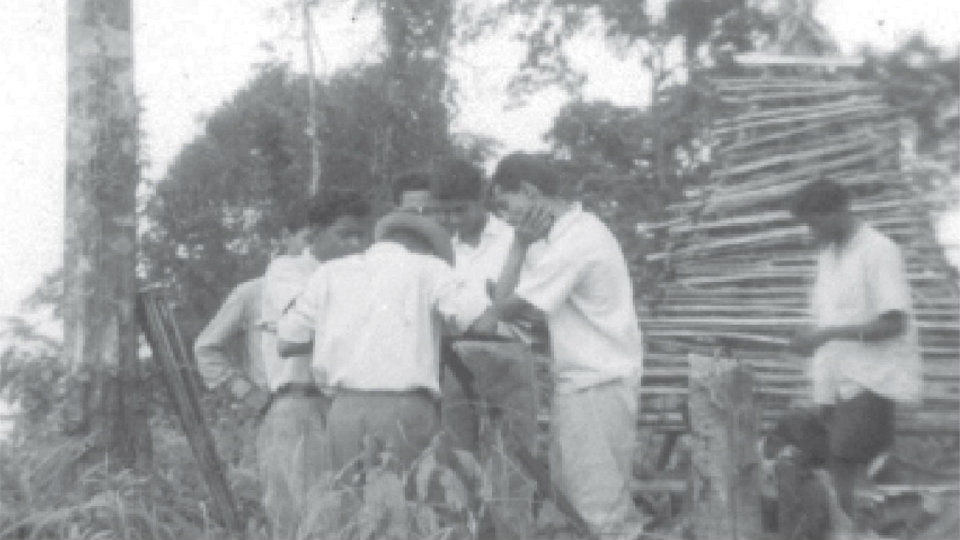
Training in plane – Tabling in foot-hills area in NEFA
As a last resort, we crossed the stream one by one walking over the wobbly log. We walked along a small valley and reached a point from where we could not walk due to darkness. We sat with a blanket by the side of a big boulder and somehow spent the night. Due to severe hunger, I was getting stomach and spinal cord pain. In the morning, I could not stand up due to stiff knees. Immediately, 3-4 good porters encouraged me by saying that I would be lifted to base camp. It was bad luck that our search party with ration could not reach us again. They later came to us and started preparing rice. Two porters massaged my knees continuously for one hour with mustard oil. I could stand up slowly. The rice was cooked and we ate it with some mustard oil. It was so tasty and it was like Godly food. It usually takes two hours for us to reach our base camp but it took six hours for us as I could walk very slowly.



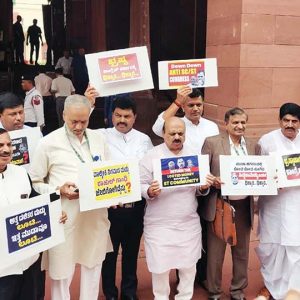
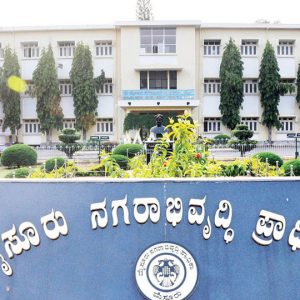
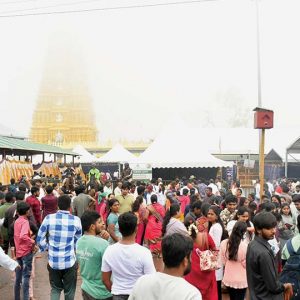
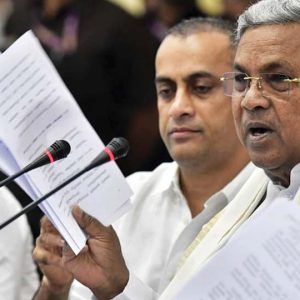
2 COMMENTS ON THIS POST To “Son of Kodagu leaves his footprint on snow-clad mountains -2”